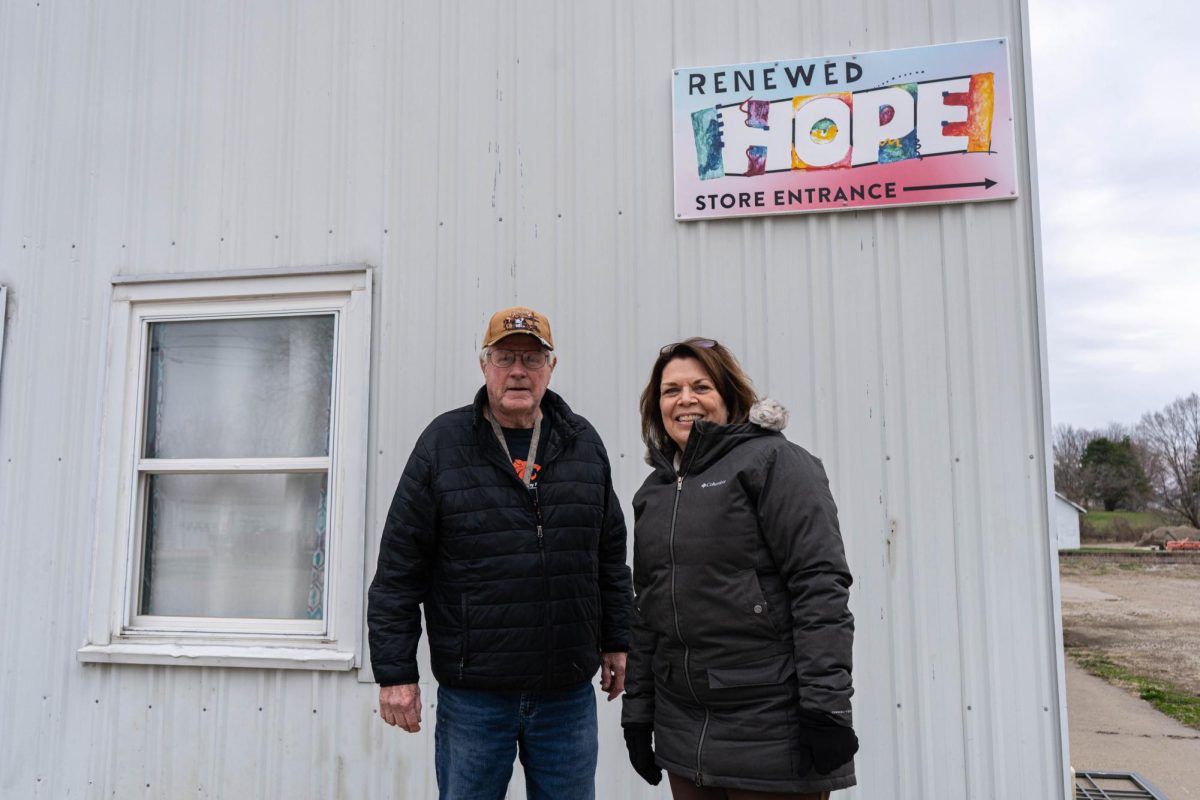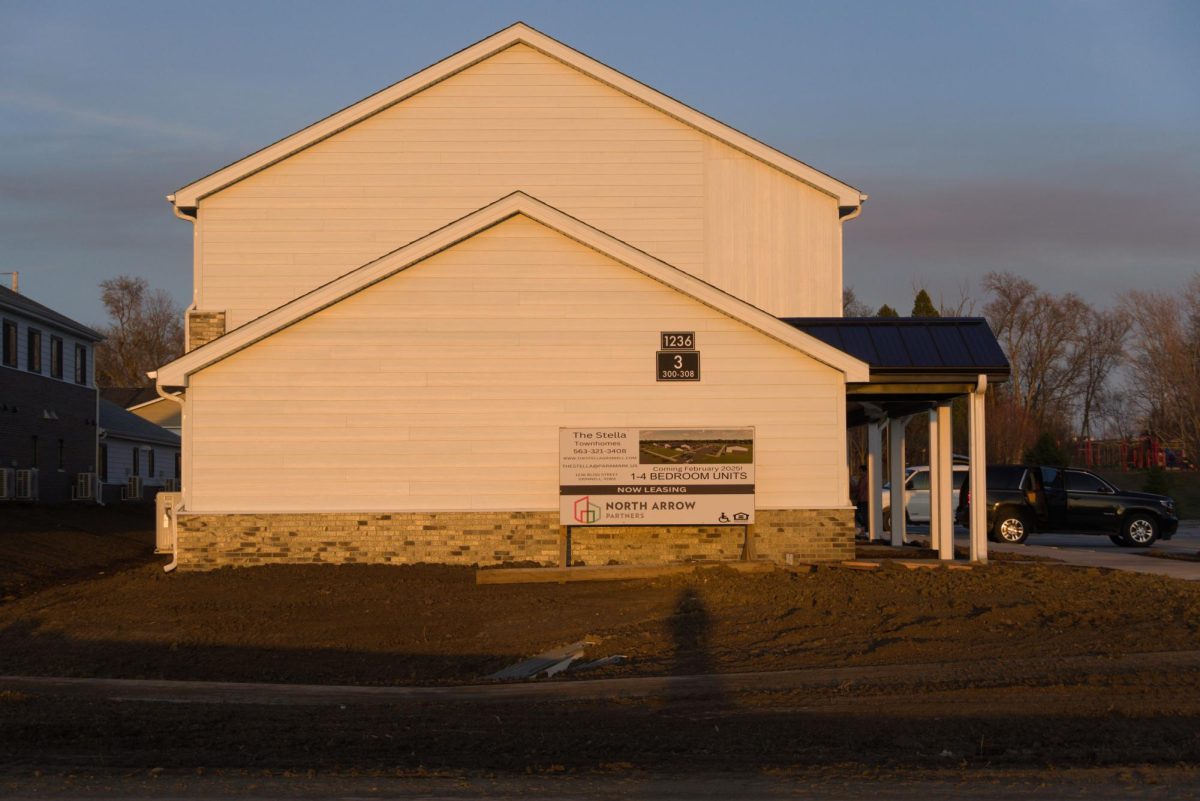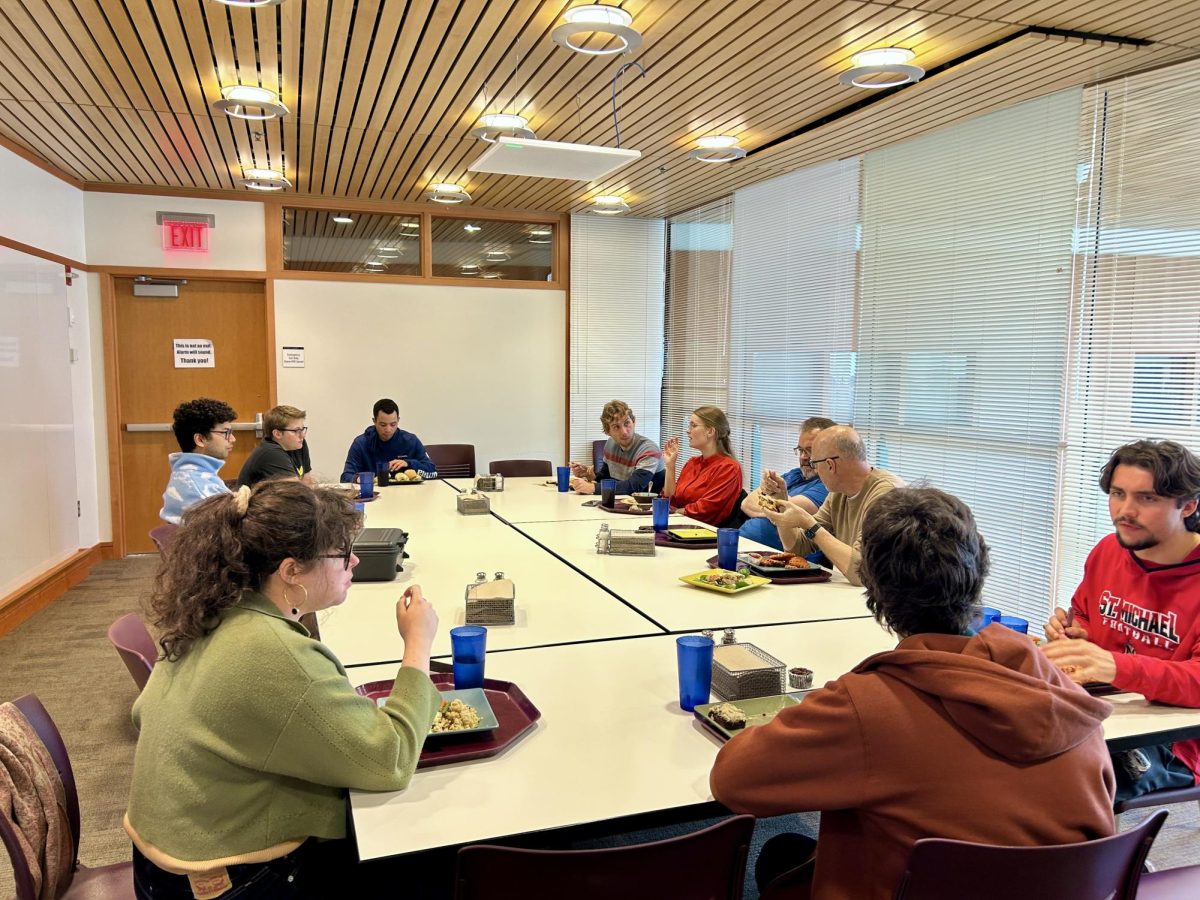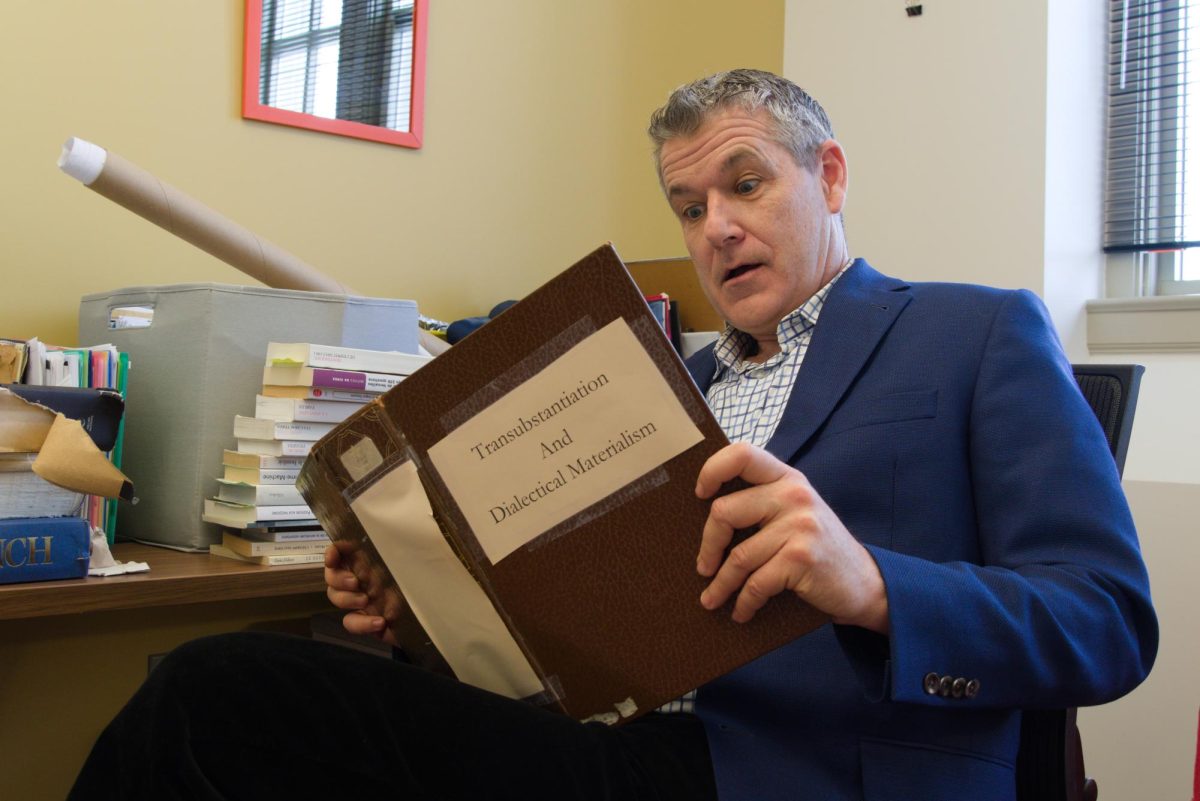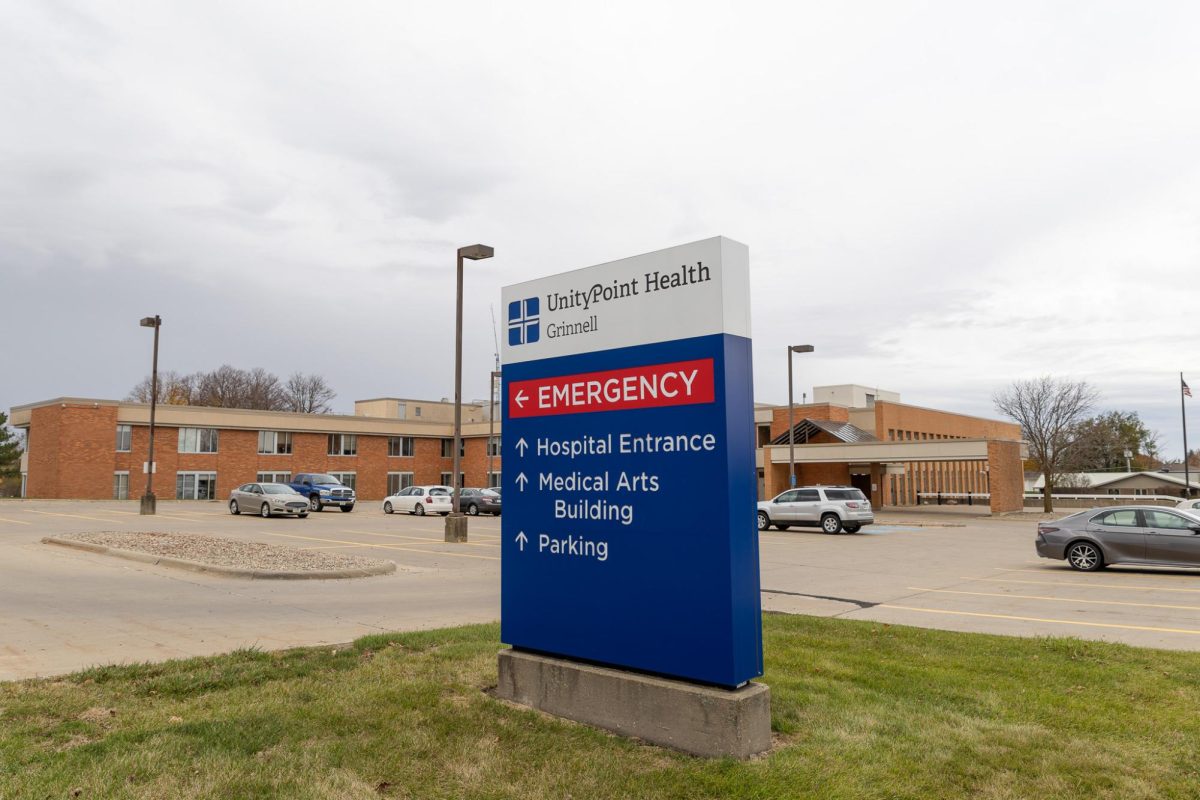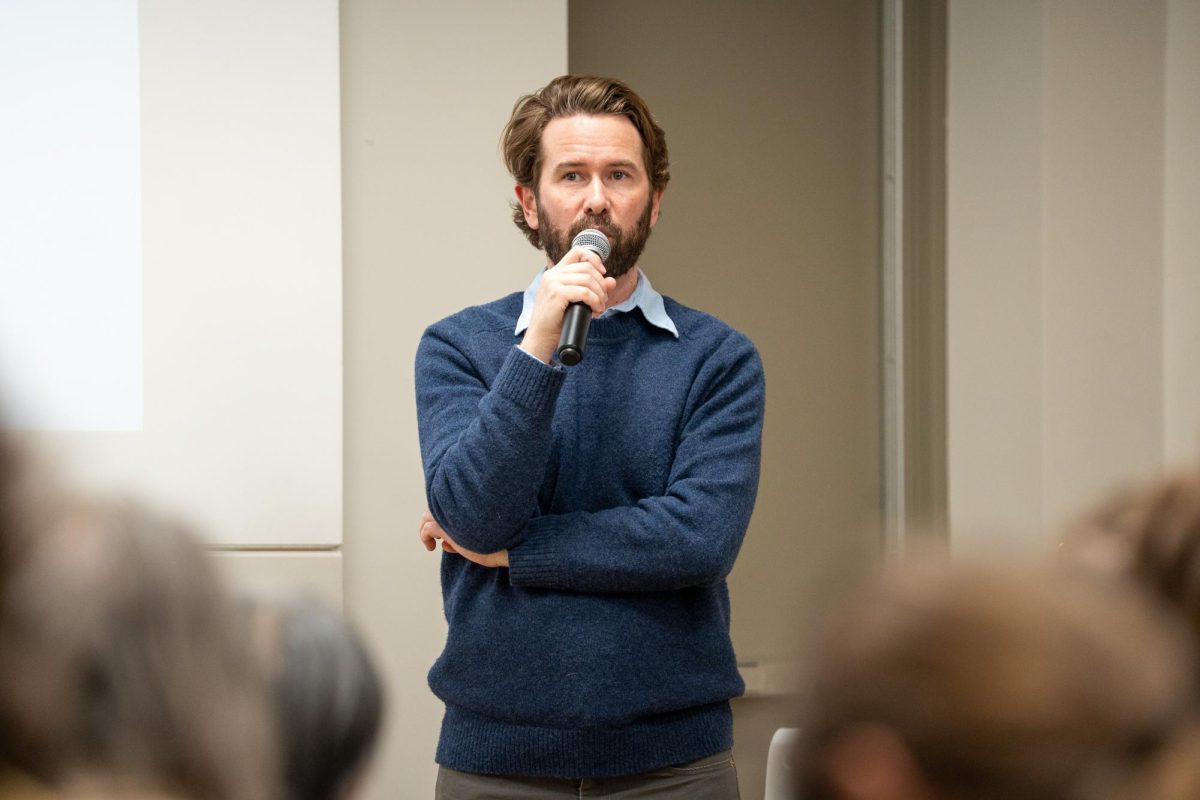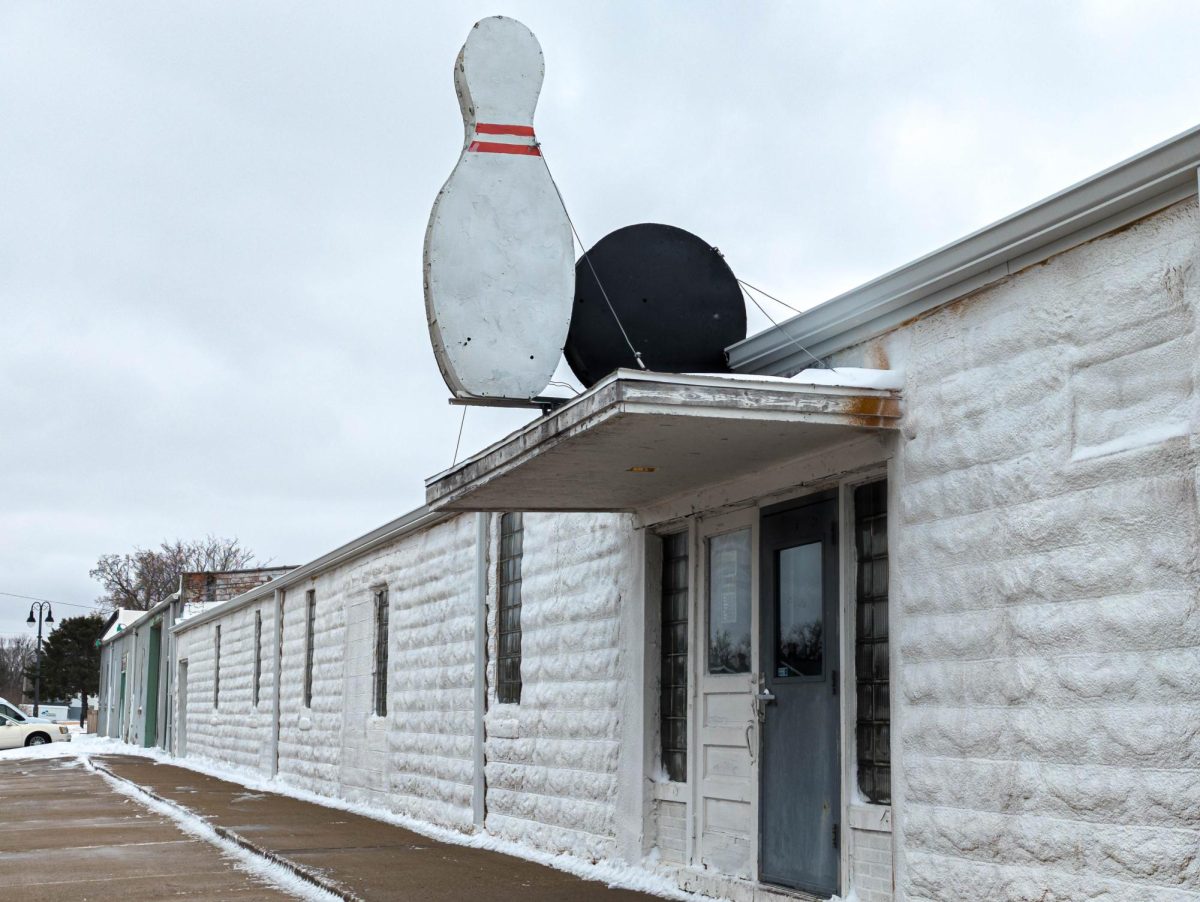Women in Jasper County are facing significant challenges in accessing essential healthcare after the recent suspension of obstetrician gynecologist (OB-GYN) services at the Newton Clinic and MercyOne Newton Medical Center. Newton Clinic Administrator Mark Thayer and MercyOne Newton Chief Operating Officer Chad Kelly released a joint statement on Friday, Aug. 30 announcing that the clinic would no longer provide labor or delivery services after Oct. 15, leaving women with limited options and the burden of long-distance travel to neighboring cities for their healthcare needs.
Women in the county now find themselves having to travel to Grinnell, Des Moines or Pella, each of which is more than 25 minutes away by car. These longer commutes mean more time spent away from work and home and for many, the difficulty of scheduling timely appointments with increasingly overbooked providers. For those with complicated pregnancies or other health concerns, the situation has raised serious concerns about the availability and accessibility of necessary care.
“We have some providers that you could see have appointments this week, and other providers may be booked up for a month or two months,” said Thayer.
“But patients are adjusting. You know, we have a fair amount of patients that are, you know, they’re seeking their OB-GYN care in Grinnell, and some are going to Des Moines, and some are going to Pella” Thayer said.
The closure of OB-GYN services came from challenges in staffing, particularly in finding qualified professionals who could meet the demanding needs of rural healthcare. Thayer said that the recruitment of OB-GYNs has been difficult since few doctors are willing to be on-call 24/7 or willing to relocate to rural communities.
“It’s very difficult to retain OB-GYN to Central Iowa or anywhere, because they tend to not want to be on call 24/7, and a lot of them want to be part of groups,” said Thayer. “Unless you have five or six in a group, where they can share the call, it creates really challenging circumstances financially.”
For 14 of the 28 years Thayer worked at the clinic, the clinic relied on family practice doctors who were trained to handle OB services, including performing C-sections. This arrangement worked for some time, but when one of the family practice doctors left in March 2023, the clinic was no longer able to maintain its OB-GYN services. The remaining staff couldn’t handle the full demands of obstetric care, leading to the closure of the clinic’s OB-GYN department.
“We had two doctors that could do a C-section, and one of them left. And you can’t expect one doctor to be around 24/7, 365,” Thayer said. “It’s impossible.”
Without the clinic, women with limited financial means or demanding schedules are faced with additional travel costs compounded by added stress.
“I do feel terrible for the ones that have transportation challenges. They can’t, you know, get to those communities,” said Thayer. “I know it’s an inconvenience, and it’s not ideal, and it’s not what we wanted, but it’s what we had to do.”
This local closure is not an isolated incident, but part of a larger trend in Iowa, which already faces the lowest rate of OB-GYNs per capita in the United States. Rural areas, in particular, are struggling to retain healthcare providers, and women in these areas are disproportionately impacted by the lack of access to reproductive healthcare.
“Iowa is the state with the least OB-GYNs per capita,” said Anne Wilber `27, a co-leader of Grinnell’s Students for Reproductive Justice organization. “I think space on this to talk about that and raise awareness of the specific issue that comes with abortion bans is important.”
Thayer shared several potential solutions to address these challenges. “You really need to increase funding for doctors. It’s hard to cash flow with 60 percent Medicaid, and if they increase the funding for Medicaid, for those providers that provide rural services, I think that would help a lot,” he said. “I think in the long term, they need to really encourage residencies, to expand training for doctors and that participate and to have an interest in obstetrics.”
As the community grapples with the closure of the OB-GYN clinic, organizations like Students for Reproductive Justice are stepping up to raise awareness about the issue. Sasha Fine`27, another co-leader of the organization, said that despite facing initial resistance from Grinnell College administration, they are determined to advocate for better access to reproductive healthcare and highlight the disadvantages that women in rural areas face.
“We heard about Planned Parenthood Generation Action, which is the club that we work under, and we wanted to bring them to campus again, just to create a space for people [to] actually talk about this. We don’t have events that talk about reproductive rights” said Wilber.
Fine explained that the lack of OB-GYNs in rural areas makes it even more difficult for women with nontraditional pregnancies — those requiring additional care due to complications. “And I know there are 15,000 people who live in Newton and for one OB-GYN, who was serving people with non-traditional pregnancies who had way more frequent prenatal care visits. It’s not surprising,” she said.
Fine and Wilber are working with organizations like Planned Parenthood to direct women to resources and support for rural Iowa communities, especially in light of the challenges presented by the clinic’s closure. “There still are resources in Iowa that can provide support, even despite all the laws and lack of medical care, and especially monetary support,” Wilber said.
Echoing Wilber’s sentiment, Fine said, “I think it’s really important to remember that pregnant people, especially women, have had each other’s backs in reproductive health care for a long, long time.”
Correction: This story has been updated to correct a misattributed quote of Sasha Fine `27. Updated Nov. 25 at 1:31 p.m.








